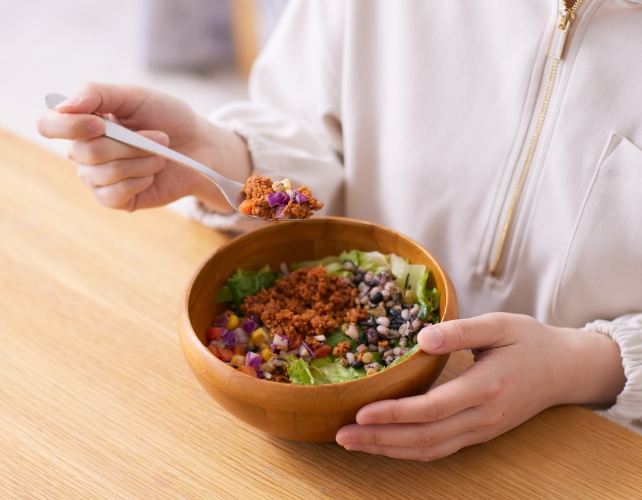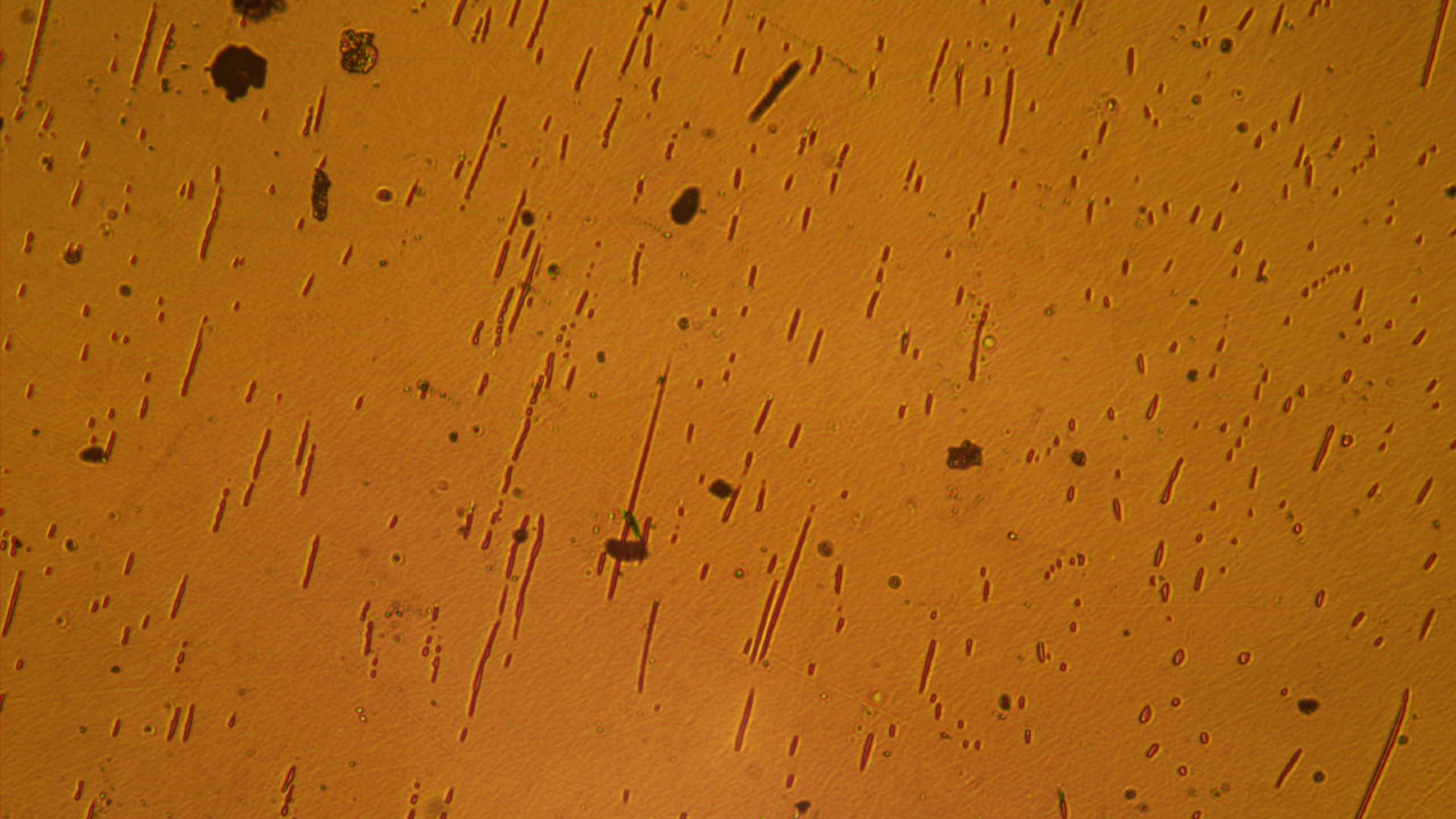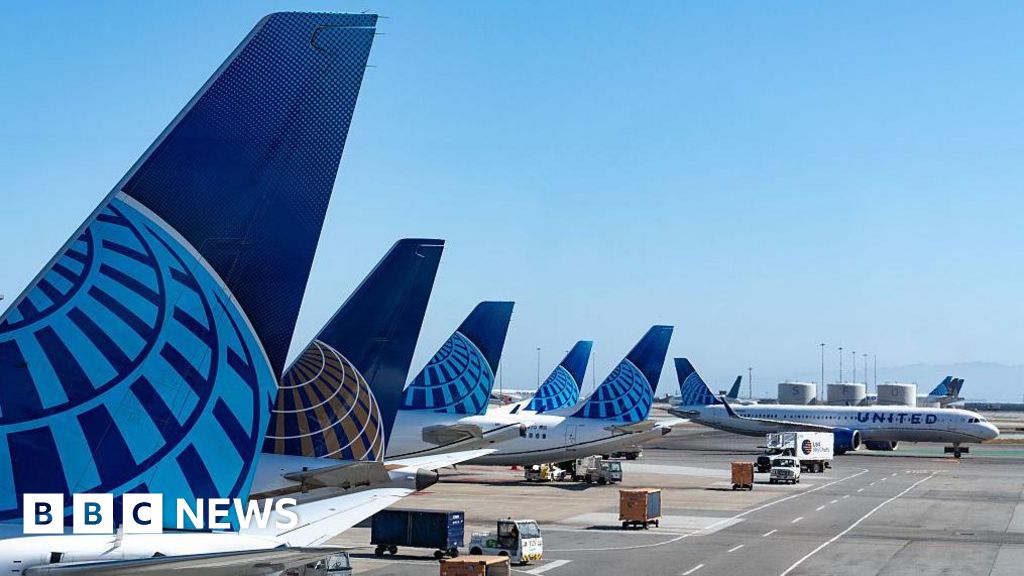WYFF NEWS FOUR. JAMIE, THANK YOU. NOW TO A WARNING FROM CLEMSON UNIVERSITY ANIMAL HEALTH OFFICIALS TO THOSE WHO OWN BACKYARD. CHICKENS. THEY WANT YOU TO ISOLATE THE BIRDS BECAUSE OF AVIAN FLU. OFFICIALS WANT THE BIRDS TO STAY AWAY FROM WILDLIFE. TWO BACKYARD FLOCKS IN ORIENT ORANGEBURG COUNTY, CONTRACTED THE FLU AND BOTH FLOCKS HAD MAJOR DIE OFFS.
Warning from animal health officials after significant bird die-off in two South Carolina counties

Updated: 12:37 PM EST Jan 25, 2024
A significant die-off of birds in two South Carolina counties has prompted a warning from Clemson University animal health officials. Officials at Clemson issued a warning urging owners of backyard poultry flocks and pet waterfowl to keep their birds away from wild waterfowl and their habitat. The warning comes after backyard flocks in Horry and Orangeburg counties contracted the Eurasian strain of Highly Pathogenic Avian Influenza, presumably from wild birds and their frequented waterways.More news: Man with drugs emerges from woods, tries to gain access to Upstate school, police sayIn both cases, officials reported major die-offs in the flocks, and the remaining infected poultry were depopulated to prevent the spread of the virus to other backyard flocks, thus safeguarding the state’s $1.5 billion poultry industry.The die-offs were reported by the flock owners themselves. The birds were tested by the Clemson Veterinary Diagnostic Center and then confirmed by the United States Department of Agriculture’s Animal and Plant Health Inspection Service National Veterinary Services Laboratories.More news: Puppy with ‘untold story of pain’ has Upstate animal shelter pleading for helpClemson officials stated that, so far, the commercial poultry industry in South Carolina has managed to avoid the deadly virus by implementing stringent biosecurity measures, but backyard growers have not been as fortunate.“It is essential for all owners of backyard poultry and pet waterfowl to prevent their birds from coming into contact with wild waterfowl or accessing waters frequented by them,” said State Veterinarian Michael Neault, who leads Clemson University Livestock-Poultry Health. “These precautions not only protect their birds from contracting the virus but also contribute to the safety of the poultry industry, both large and small.”In 2023, 21 states, including Georgia, Alabama, Tennessee, and Virginia, reported cases of Avian Influenza.HPAI is considered to be of low risk to human health by the U.S. Centers for Disease Control, but it is highly contagious among other birds, including backyard and commercial flocks of poultry. While the virus is not considered a threat to food safety, infected birds do not enter the food supply.For information on biosecurity measures, visit the Clemson Livestock Poultry Health Avian Influenza website or the USDA’s Defend the Flock Program website. Report sick or dead poultry to Clemson Livestock Poultry Health by calling 803-788-2260 (Monday – Friday, 8 a.m. – 4:30 p.m.) or using the online report form. Report sick or dead wild waterfowl to the South Carolina Department of Natural Resources by calling 803-734-3886.The warning signs of HPAI include: High death loss in a short amount of time Reduced energy, decreased appetite and/or decreased activity Lower egg production and/or soft-shelled or misshapen eggs Swelling of the head, eyelids, comb, and wattles Purple discoloration of the wattles, comb, and legs Difficulty breathing, runny nares (nose), and/or sneezingTwisting of the head and neck, stumbling, falling down, tremors, and/or circling
CLEMSON, S.C. — A significant die-off of birds in two South Carolina counties has prompted a warning from Clemson University animal health officials. Officials at Clemson issued a warning urging owners of backyard poultry flocks and pet waterfowl to keep their birds away from wild waterfowl and their habitat.
More news: Man with drugs emerges from woods, tries to gain access to Upstate school, police sayThe warning comes after backyard flocks in Horry and Orangeburg counties contracted the Eurasian strain of Highly Pathogenic Avian Influenza, presumably from wild birds and their frequented waterways.More news: Upstate restaurant known for giving back to community announces it’s closingIn both cases, officials reported major die-offs in the flocks, and the remaining infected poultry were depopulated to prevent the spread of the virus to other backyard flocks, thus safeguarding the state’s $1.5 billion poultry industry.
The die-offs were reported by the flock owners themselves.
The birds were tested by the Clemson Veterinary Diagnostic Center and then confirmed by the United States Department of Agriculture’s Animal and Plant Health Inspection Service National Veterinary Services Laboratories.More news: Puppy with ‘untold story of pain’ has Upstate animal shelter pleading for helpClemson officials stated that, so far, the commercial poultry industry in South Carolina has managed to avoid the deadly virus by implementing stringent biosecurity measures, but backyard growers have not been as fortunate.“It is essential for all owners of backyard poultry and pet waterfowl to prevent their birds from coming into contact with wild waterfowl or accessing waters frequented by them,” said State Veterinarian Michael Neault, who leads Clemson University Livestock-Poultry Health. “These precautions not only protect their birds from contracting the virus but also contribute to the safety of the poultry industry, both large and small.”In 2023, 21 states, including Georgia, Alabama, Tennessee, and Virginia, reported cases of Avian Influenza.HPAI is considered to be of low risk to human health by the U.S. Centers for Disease Control, but it is highly contagious among other birds, including backyard and commercial flocks of poultry. While the virus is not considered a threat to food safety, infected birds do not enter the food supply.For information on biosecurity measures, visit the Clemson Livestock Poultry Health Avian Influenza website or the USDA’s Defend the Flock Program website. Report sick or dead poultry to Clemson Livestock Poultry Health by calling 803-788-2260 (Monday – Friday, 8 a.m. – 4:30 p.m.) or using the online report form. Report sick or dead wild waterfowl to the South Carolina Department of Natural Resources by calling 803-734-3886.The warning signs of HPAI include: High death loss in a short amount of time Reduced energy, decreased appetite and/or decreased activity Lower egg production and/or soft-shelled or misshapen eggs Swelling of the head, eyelids, comb and wattles Purple discoloration of the wattles, comb and legs Difficulty breathing, runny nares (nose) and/or sneezingTwisting of the head and neck, stumbling, falling down, tremors and/or circling


![Mavens factor caution after making regarding discovery about plastic water bottles: ‘Simply because you’ll be able to now not see [it] does now not imply it isn’t there’ Mavens factor caution after making regarding discovery about plastic water bottles: ‘Simply because you’ll be able to now not see [it] does now not imply it isn’t there’](https://www.thecooldown.com/wp-content/uploads/2025/05/EnergySage-Solar.jpg)









